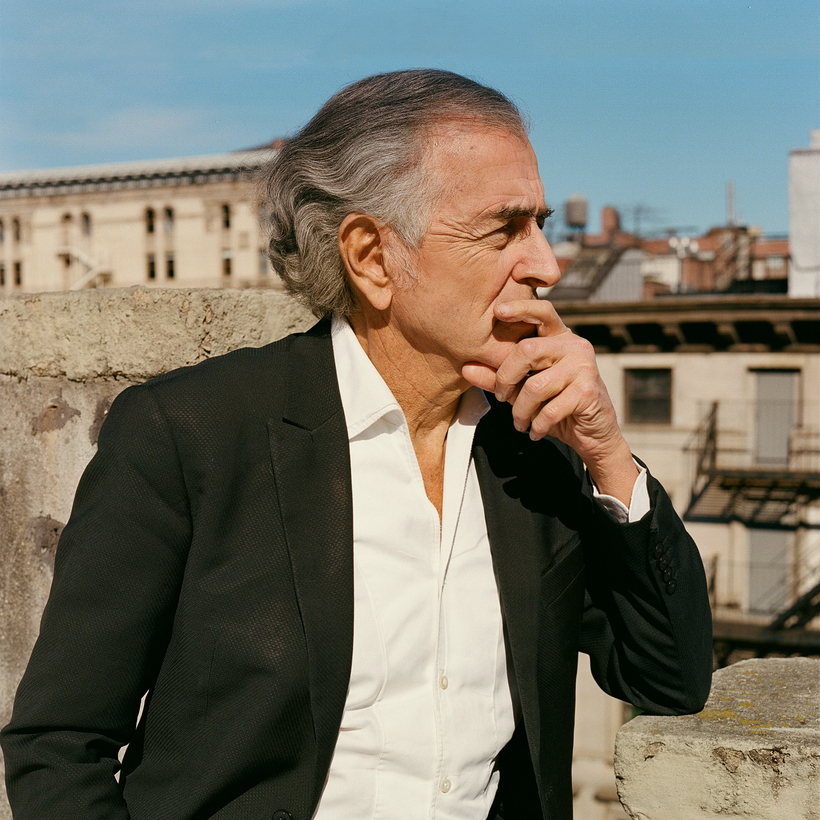Flash trip to Washington to present my film Glory to the Heroes on Capitol Hill.
It had been shown, in France, on the largest public TV station, France 2.

Bernard-Henri Lévy lobbied Congress in person with his latest film about the plight of Ukraine, hoping to shake the indifference of the shining city upon the hill
Flash trip to Washington to present my film Glory to the Heroes on Capitol Hill.
It had been shown, in France, on the largest public TV station, France 2.